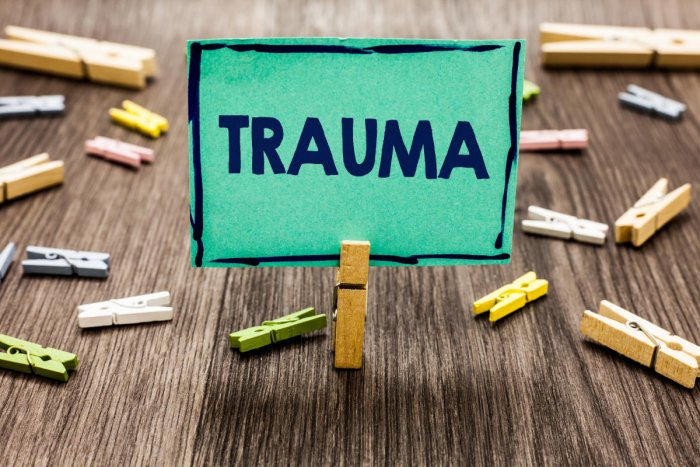Road accidents kill over one lakh Indians every year. About three to four lakhs victims who survive the accidents are left disabled and injured. People lose their professional skills, movement, memory and several other abilities as an aftermath of meeting with accidents. Along with the rising accidents on our roads, there has been a steep increase in the total disease burden of the country over the years. Road traffic accident (RTA) injuries cause more Disability Adjusted Life Year (DALY) than any other conditions. Yet, it is quite disturbing to see that our country, which boasts of the finest tertiary care facilities, having a limited number of trauma care centres. It is time we considered RTA rehabilitation for effective recovery of road accident survivors.
A majority of RTA victims belong to the 18-35 years, age group. DALY refers to the number of years lost due to ill health, disability or death and is considered as a means to calculate the overall disease burden of a nation. A strong RTA rehabilitation programme will curb DALY rates.
Inpatient multidisciplinary rehabilitation programmes can positively contribute to the overall recovery of accident survivors. Interventions during the period that the patient is in the ICU optimise functional outcomes. Therefore, in an ideal trauma care model, hospital authorities must initiate rehabilitation procedure by collaborating with rehabilitation specialists as soon as a victim’s life is out of danger. This will ensure all efforts are collaborated to help the individual recover to his or her fullest potential at the earliest.
In RTA rehabilitation, streamlined communication between doctors, nurses and rehabilitation department will organize the rehab therapists to function as workgroups rather than on discipline-specific lines. A team of occupational therapists, speech therapists, and language therapists, psychologists, physiotherapists and dietitians work with physicians and nurses to identify rehabilitation needs and to develop a care plan. Injuries and disabilities resulting from traffic accidents vary from person to person. Therefore treatment programmes are designed in accordance with the nature of the accident, the body parts affected, the severity of the injuries, patient’s age and general health.
One should seek a structured RTA rehabilitation programme if he or she faces the following problems:
- Inability to walk, perform daily activities
- Constant pain in the affected body parts
- Memory loss, difficulty in concentrating
- Feeling depressed, sad, anxious
- Ongoing fatigue
- Difficulty to return to work, drive, normal life
It is quite challenging to cope with life when one has to face amputation, surgery, long-term hospitalization along with the mental trauma of losing loved ones at an unexpected moment. Treating an RTA survivor, therefore, requires a multidisciplinary care approach.
The following components are involved in the care cycle:
- Initial assessment of body functions after the accident, develop a multidisciplinary care plan for optimum recovery.
- Early post-accident treatment plan and inpatient rehabilitation care to gain maximum functional outcomes including the recovery of communication, mobility, cognition and autonomy of daily activities.
- Intense physiotherapy sessions and clinical support to restore musculoskeletal, spinal cord and brain functions. A proper diet plan should be incorporated within the treatment programme to facilitate recovery.
- Psychological support to handle emotional disturbances for the patient and family.
- Education of the caregiver, community follow up etc for effective societal integration of the survivor
The conventional four pillars of trauma care model involve pre-hospital care, hospital network, communication organizations and system based in-hospital care. However, the Decade of Action for Road Safety 2011-2020 has integrated rehabilitation as its fifth pillar. RTA rehabilitation can help in pain management, faster healing of injuries, effective handling of mental health difficulties and development of an improved sense of confidence to return to the normal lives.
Reducing the rate of road accidents by combating factors like over speeding, ineffective legislation and enforcement of traffic laws is a time-consuming process. However, an imminent priority must be given to effective rehabilitation of RTA survivors and help them recover to their fullest potential. It is not possible to construct risk-proof roads. But, with a slightly sharper focus in our healthcare programs, we can save a generation’s productive years of life.
link: https://www.deccanherald.com/opinion/rehab-vital-to-save-accident-victims-779787.html

